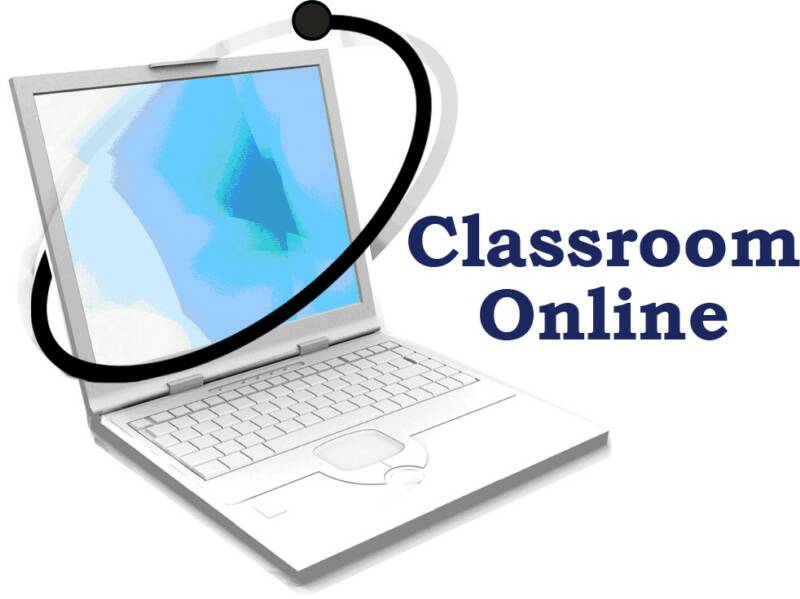Online summer courses offered in media law & media ethics
CubReporters.org's founder Mark Grabowki is teaching online courses on "Media Ethics" and "Free Speech, Media Law & Democracy" (a.k.a. Media Law) through Adelphi University, where he's a professor. The 3-credit classes feature video lectures, interactive exercises and class discussions, all of which can be done through your computer. You never need to set foot in an actual classroom.
In the 5-week Media Law class, students learn about the First Amendment, free speech, copyright, libel, protecting confidential sources, getting government records, Internet issues and other media law issues from a lawyer and former journalist.
The 5-week Media Ethics course examines fundamental ethical issues currently confronting journalism and mass communication. Students will learn about and assess ethical theories that will enable them to make discriminating moral judgments about dilemmas commonly faced within media-related professions. The course is taught by the author of two books on media ethics.
To register for a course, contact Adelphi University's Registrar Office by clicking here. For more info about the courses, click here to contact Mark. Space is limited, so register ASAP. Classes begin May 29 and end July 2.
Labels: Mark_Grabowski, media_ethics, media_law, online_journalism_classes, online_journalism_courses, online_journalism_degrees





